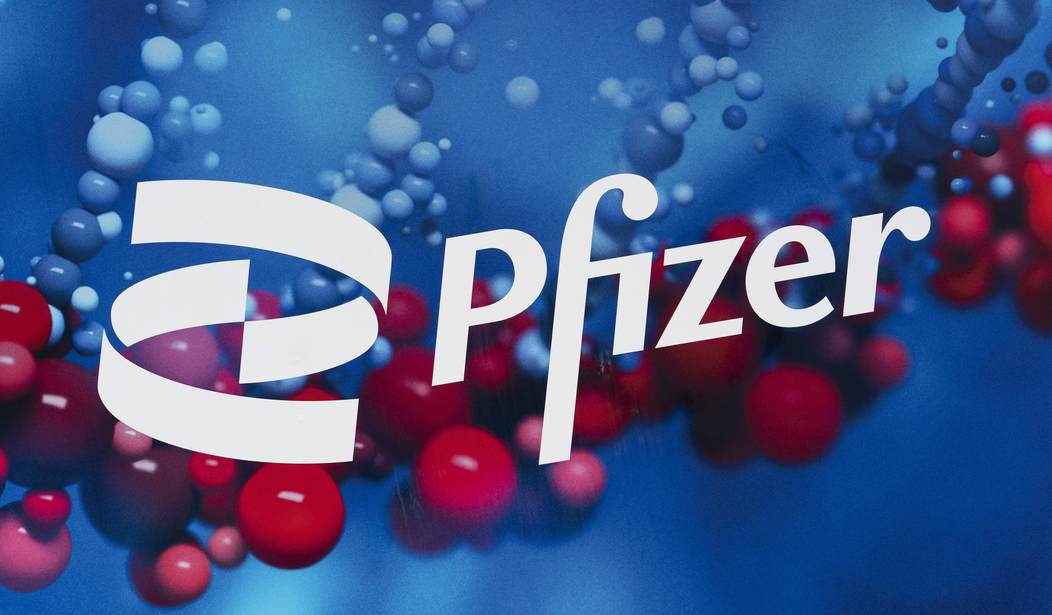In what has become standard procedure where COVID-19 is concerned, Pfizer has applied to the U.S. Food and Drug Administration for Emergency Use Authorization (EUA) of its experimental anti-viral COVID pill, Paxlovid. Pfizer’s application joins Merck’s application for its COVID therapeutic, Lagevrio (molnupiravir), which it filed last month.
Both pills are designed to prevent serious illness in adults who have been recently diagnosed and have mild-to-moderate cases of COVID-19 infection. A course of either treatment should commence within three days of the onset of symptoms for best results.
Both companies have requested the EUA specifically for patients who are at risk of bad outcomes from a WuFlu infection. “Specifically, Pfizer wants the drug available for adults who have mild-to-moderate COVID-19 infections and are at risk of becoming seriously ill,” reports the AP. In Merck’s application announcement, the company said its drug was intended “for the treatment of mild-to-moderate COVID-19 in adults who are at risk for progressing to severe COVID-19 and/or hospitalization.”
Another similarity is that both companies have or are negotiating massive production contracts with the U.S. government, even though their EUA applications haven’t yet been fully reviewed by the FDA, let alone approved. (But I’m sure the fix isn’t in and every sciency precaution is being taken to ensure patient safety.) Merck’s contract is for $1.2 billion and will pay the pharma giant $712 per course of treatment. The contract reportedly has an upper limit of $3.7 billion and authorizes the purchase of additional quantities of the experimental drug. Pfizer’s contract is still under negotiation, but President Biden said on Friday that the U.S. has “already secured millions of doses” of Paxlovid. No pressure, FDA!
Additionally, Pfizer has already signed a licensing agreement with international public health group Medicines Patent Pool, which will grant royalty-free use of its intellectual property to poorer nations so they can produce generic versions of Paxlovid. And Merck has entered into a licensing program with five generics manufacturers to “help to accelerate access to molnupiravir in India and around the world.” (And thus do U.S. taxpayers fund research which global socialists redistribute. And while I do appreciate the noble and merciful motivation behind the redistribution, I’d prefer my country weren’t economically incontinent first, before we redistribute ourselves into third-world status and no one’s left to develop anything.)
Anyhoo, on to the differences between the two drugs. Pfizer’s pill belongs to a decades-old family of antiviral therapies already successfully used to fight HIV and hepatitis C infections, and is administered in combination with another, older antiviral. It works by blocking an enzyme that viruses need to use in order to multiply. In contrast, molnupiravir was originally developed as a flu treatment. It works by inducing damaging mutations into the virus, which eventually prevent it from being able to reproduce itself.
Another major difference between Paxlovid and Lagevrio is that the Pfizer formulation has been way more effective than the Merck medicine in phase 3 clinical testing. Paxlovid reportedly cut the risk of hospitalization or death for at-risk COVID-19 patients by 89%. In contrast, Lagevrio only reduced the chances of hospitalization or death by about 50%.
FDA emergency use approval is expected to be granted quickly, with the therapies becoming available to the public over the winter.










Join the conversation as a VIP Member